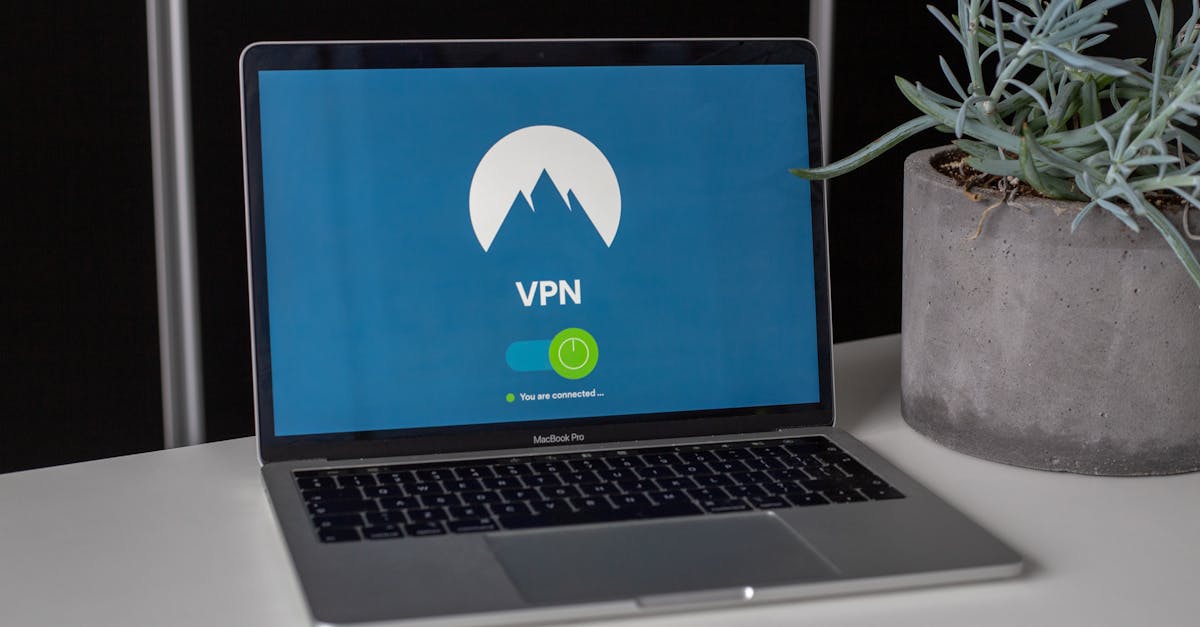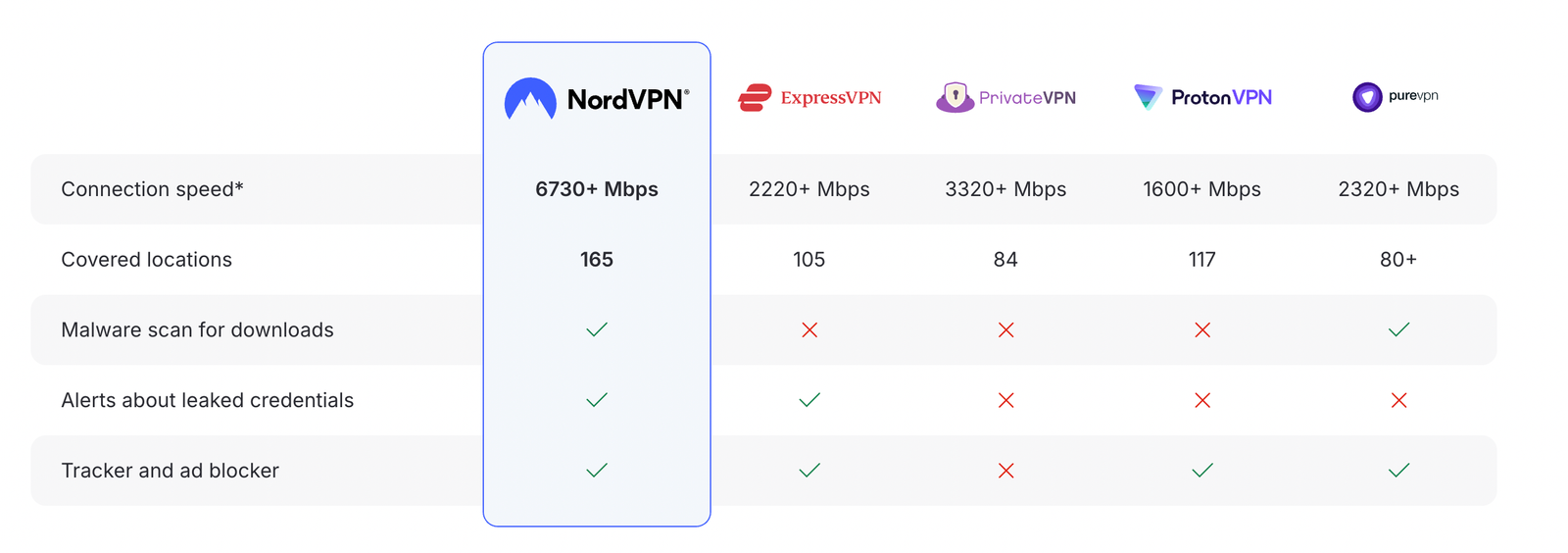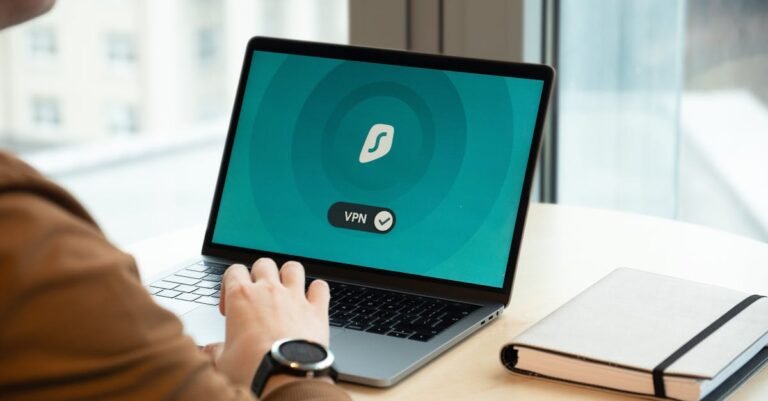In the digital age, Virtual Private Networks (VPNs) play a crucial role in safeguarding telemedicine consultations. These tools encrypt data and mask IP addresses, ensuring that sensitive patient information remains confidential during online doctor visits. As telemedicine grows, protecting against cyber threats is essential for both providers and patients. VPNs offer a simple solution to enhance security without complicating the user experience. This post explores how VPNs secure telemedicine, from privacy benefits to reliable connections and regulatory compliance.
Enhancing Privacy with VPNs

VPNs protect telemedicine by creating encrypted tunnels for data transmission. This prevents hackers from intercepting personal health information during video calls. For instance, doctors can conduct consultations securely on public Wi-Fi networks. Moreover, VPNs hide user locations, reducing risks of targeted attacks. Users benefit from peace of mind, knowing their conversations stay private. Additionally, these networks block unauthorized access to medical records. In essence, VPNs make telemedicine more trustworthy for everyday users. Furthermore, they integrate easily with existing platforms. Overall, this technology ensures data integrity without slowing down sessions.
Overcoming Connectivity Challenges

Reliable connections are vital for seamless telemedicine, and VPNs help by optimizing network performance. They bypass geo-restrictions, allowing patients in remote areas to access specialists easily. However, strong encryption maintains speed, so consultations run smoothly. Users often face fewer interruptions, which improves diagnostic accuracy. Additionally, VPNs provide stable links during peak times. For example, this is useful in rural healthcare settings. Moreover, they protect against bandwidth throttling by ISPs. In practice, these features make virtual visits more efficient. Thus, anyone relying on online health services gains from enhanced reliability.
Ensuring Regulatory Compliance

VPNs help telemedicine platforms meet strict regulations like HIPAA by encrypting all communications. This keeps patient data compliant and secure from breaches. Furthermore, they offer audit logs for accountability. Users, including everyday individuals, can trust that their information adheres to legal standards. For instance, providers avoid fines through better security practices. Moreover, VPNs support multi-device access without compromising privacy. In summary, these tools simplify compliance for all users. Additionally, they reduce the risk of data leaks during consultations.
Why NordVPN is Your Best Choice
NordVPN stands out for securing telemedicine with top-tier encryption and fast servers. It protects your data effectively, making it ideal for anyone seeking privacy online. Moreover, its user-friendly interface suits beginners and experts alike. Choose NordVPN today for reliable protection; sign up now and enjoy a secure, seamless telemedicine experience that boosts your peace of mind and safeguards consultations effectively.
How NordVPN compares to other top VPNs


Disclosure: We earn a commission at no extra cost to you if you make a purchase through links here. This helps support us in creating more content for you. Thank you for your support!







